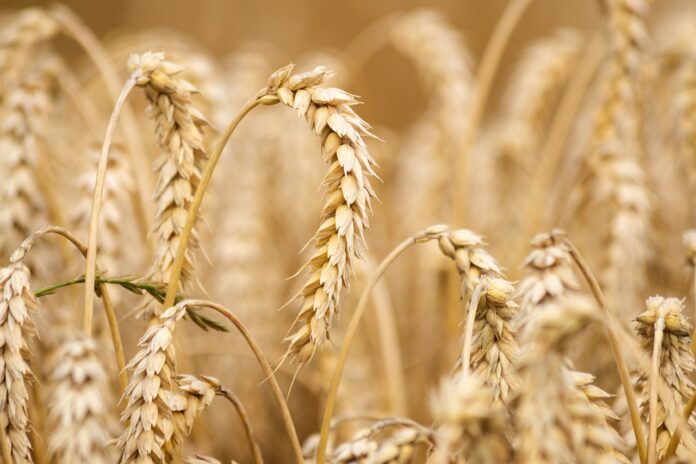![]()
It is clear by now that the effects of the war in Ukraine are being felt far beyond Eastern Europe. Western European defense budgets are increasing as the perceived Russian threat casts a shadow over the continent. German Chancellor Olaf Scholz, for instance, announced Berlin’s commitment to spend over 2% of the German GDP on defense. This finally brings it in line with NATO’s 2% spending target; war in Europe has finally accomplished what years of U.S. urging could not. The war’s impact on relations across the Strait of Taiwan are also being discussed, as are its effects on politics here in the US.
In this age of globalization, regional conflicts rarely stay that way. Syria’s Civil War has arguably become a proxy for Russia-Turkey tensions. In West Africa, the French military and Russian PMC’s have competed for the right to conduct counter-terrorism operations. Ukraine is no different, but its consequences for the Global South receive far less attention than they should– even when they could be devastating.
Ukraine and Russia have been deemed the “breadbasket of the world,” exporting over a quarter of the world’s wheat supply in 2019. In Africa, many sub-Saharan states are even more reliant on Russian and Ukrainian wheat than the global norm. In 2020, African governments imported over 3.5 billion dollars worth of Russian wheat and almost 1.5 billion dollars in wheat from Ukraine. Per data from the UN’s Conference on Trade and Development, over half of the wheat imported into Uganda, Libya, Tanzania, and the DRC came from Russia and Ukraine. Elsewhere, this dependence is even more stark – virtually all the wheat in Benin and Somalia comes from the two Eastern European states.
The war in Ukraine will almost certainly decrease wheat exports to Africa. Many civilian farmers will beat their plowshares back into swords as they train for roles in combat. Those who continue to operate their farms will find challenges in getting their product to market as supply lines are cut. Of the grain that can make it to market, much of it will be used to feed the armies of both combatants. This is especially true of Russia, as sanctions will make it harder for civilians and soldiers alike to import food from other countries.
Already, much of Africa is feeling the strain. Cameroon’s government blamed the war for a 40% hike in bread prices caused by wheat shortages. It also said that over half of the 26 million citizens of Cameroon who rely on bread as a daily staple can no longer do so. Senegal’s President Macky Sall, speaking on behalf of the African Union, urged Putin to end the conflict, pointing largely to its implications for Africa.
This rhetoric is a good start, but it is far from enough. African governments should encourage greater cultivation of staples like yams, cassava, maize, and sorghum. They should also work with the US and other allies to reduce dependency on Eastern European grain. Governments around the world ought to enhance their domestic capacity to grow food and lessen reliance on unstable global supply chains. Finally, Western governments must get to work on the human component even as they navigate the military component of the war. If they permit food supplies to keep worsening, they risk mass displacements of people far exceeding the 2015-2017 migrant crisis. Even worse, they risk the lives and livelihoods of millions.












